The Mediterranean diet is brimming with plant-based foods, healthy fats (thank you olive oil!), whole grains and even the occasional glass of wine. Your proteins are predominantly fish or poultry, but red meat is not entirely off-limits. Research shows that this way of eating may help you live longer and ward off various chronic diseases, but also there are plenty of studies that show it can help you lose weight, too.
Who is it best for?
The Mediterranean diet works for most folks looking to lose weight or get healthier-and particularly for those who don't want a diet that's awfully restrictive or hard to follow. This year, U.S. News & World Report ranked the Mediterranean diet as the Best Diet Overall-for the second year in a row. It also swept a few other categories-taking the #1 spot for Easiest Diets to Follow, Best Diets for Healthy Eating, and Best Diabetes Diets. But, you will likely lose more weight, at least initially, on another diet.
The Ketogenic Diet
The ketogenic diet is an ultra-low-carb diet-only about 5 percent of your calories come from carbohydrates. As a comparison point, government dietary recommendations suggest 45 to 65 percent of your calories should come from carbs. On keto, the bulk of your calories (60 to 70 percent) instead come from fat. The allure behind this diet is that it legitimately works-you will lose weight so long as you get to and stay in ketosis (a state in which you body burns fat instead of carbs for fuel). Research shows the ketogenic diet is quite effective for quick weight loss-and sometimes more so than other popular diets. If you have diabetes and want to try the ketogenic diet, check with your doctor first. It's also pretty tough to get in all your nutrients on keto (while cutting out virtually all carbs) and there are some not-so-hot side effects.
Who is it best for?
This diet is for you if you're not put off by restrictive diets that require some pre-learning or planning, because sticking to keto can be both challenging and time-consuming. If, your goal is quick weight loss, this diet could be worth a go because it works for that. And, also, if you have type 2 diabetes and your medication regimen is safe for a ketogenic diet, then this diet could help you manage your blood sugar and perhaps even taper your medication down.
WW (formerly Weight Watchers)
Formerly known as Weight Watchers, this diet guides you toward a way of eating that is low-cal, as well as lower in saturated fat and sugar, and higher in protein. Once you identify what your daily points target is (a number based on your sex, weight, height and age), you can essentially eat whatever you want so long as you stay within your points bounds. Plus, there are hundreds of (healthy) foods that are zero points-from fish and seafood to nonfat plain yogurt to tofu-so you can really develop healthy eating patterns without overeating. Research shows that WW works if you want to lose weight, but compared to other diets, it's not necessarily more effective. Another upshot: you shouldn't be hungry on WW (or, ahem, hangry) as your points give you room for three meals and two snacks each day.
Who is it best for?
Ranked by U.S. News & World Report as the Best Weight-Loss Diet, as well as ranking #1 for Best Commercial Diet Plan and #2 in Best Fast Weight-Loss Diets and Easiest Diets to Follow, you really can't go wrong with WW. Plus, it's good for a long-term, or lifelong, diet change-mostly because there aren't any off-limits foods so long as you stick to your points target. Also, if you tend to be more successful at accomplishing goals with a support network, versus white-knuckling it on your own, this is the program for you.
Cooking Light Diet
The Cooking Light Diet is all about calorie control. The cardinal rule is to stick to your daily calorie goal. The diet walks you through how to calculate your calorie target to help you reach your weight-loss goal-and from there it delivers a personalized meal plan (and shopping list!) to your email inbox each week. You can use the meal plan as is, or customize it. Similar to WW, there aren't really any off-limits foods so long as you don't break the calorie bank. Unlike WW, the Cooking Light Diet focuses on recipes and meals and cooking, rather than just foods and points. It also has a virtual support system, and you can track your progress within the program.
Who is it best for?
If you like to cook and want to cook your way to a slimmer waist-but you don't want to meal-plan for yourself-this is the diet for you. You'll learn what healthy eating looks like, but you have to be willing to pay the monthly subscription (only a few dollars a week).
DASH Diet
DASH stands for Dietary Approaches to Stop Hypertension (hypertension is the medical term for high blood pressure) and was, as its name implies, a diet designed to naturally help lower your blood pressure. When you're following the DASH diet, you're homing in on fruits, veggies, whole grains, low-fat dairy and lean proteins like fish and poultry. You're encouraged to cut back on sweets and red meat-both of which are calorie-heavy, but also deliver a fair amount of saturated fat. You're also supposed to watch your salt intake. In essence, you're following a healthy eating pattern.
Who is it best for?
If you have high blood pressure, high "bad" LDL cholesterol, or are predisposed to heart disease, this is a great diet to follow for that one-two benefit of both weight loss and improved heart health.
Vegan Diet
Following a vegan diet is not just something people do to lose weight-it's also very much a lifestyle choice. But the health benefits to going vegan are robust. Research shows that vegans are typically the leanest compared to omnivores, as well as versus people who follow a plant-based diet. Vegan diets help people improve their heart disease risk (thanks to all that fiber and low total and saturated fat), lower their blood pressure, cholesterol and risk of type 2 diabetes, and protect against cancer. But a vegan diet doesn't come without its challenges. Because you're cutting out some major food groups, you must be mindful of some hugely important nutrients-like omega-3 fats, iron and vitamin B12-that are harder to get in adequate amounts when you're eating plants only.
Who is it best for?
Use this diet as a weight-loss diet if you're interested in, or already leaning toward, a fully plant-based eating pattern. If the idea of following paleo or keto or even low-carb is appealing, skip trying out vegan eating for weight loss. Just be mindful of vegan processed foods-you can find cookies, cake, ice cream and lots of other vegan alternatives on the market that aren't necessarily healthier.
Paleo Diet
The premise of following a paleo diet is to eat like our ancestors, which means eating a lot of animal protein, "natural" carbohydrates (aka fruits and vegetables) and some nuts (get the scoop on everything you can and can't eat on paleo).
The paleo diet is devoid of dairy, high in protein and fat, and tends to be lower in carbs. There's an emphasis on getting good-for-you omega-3s into your diet from oily fish such as wild salmon, game meats, free-range chicken and grass-fed beef, all of which are healthy choices, but can be pricier than their farmed or conventionally raised counterparts. Eat this way and you will likely lose weight (so long as you put yourself in a calorie deficit). Stick to it too long, though, and you'll miss out on key vitamins and minerals like calcium, vitamin D and many of the B vitamins.
Who is it best for?
If you already practice a little bit of hunting and gathering, and you want to take it to the next level, this is the diet for you. On a more serious note-if eating lower-carb and trialing dairy-free is of interest, while also opting for free-range or wild-caught (and more omega-3-rich) proteins, try paleo. It won't be the cheapest of diets and you might not lose as much weight as on other diets, but this one isn't too hard to implement.
Low Carbohydrate
There isn't just one low-carb diet. In fact, there are many. Peruse the bookstore, or search the internet, and you'll find ample low-carb diet plans. But the premise is always the same: cut your carb intake to an amount that's significantly less than what the Dietary Guidelines for Americans advises-which is 45 to 65 percent of your calories-and you'll lose weight. Why? Well, as Americans, we eat ample carbs, and when you cut out a large food group, it's hard to make up for those lost calories elsewhere in your diet. Going low-carb also results in weight loss because it's a diet that's fairly easy to implement and stick to. There's plenty of research that shows that going low-carb works-and studies even show it supersedes other diets for both total weight lost and keeping the weight you lost off. Go too low-carb, though, and you might risk eliminating beneficial fiber and other vitamins and minerals we get from whole grains, fruits and vegetables.
Who is this best for?
If you need an easy-to-follow diet that almost always works, going low-carb is for you. (Ahem, who doesn't want that!) There's an extra benefit for carb lovers because even though trimming back your pizza, pasta and bread habits might be challenging initially, it will put you in a calorie deficit quickly (and calorie deficit equals weight lost). Need a suggestion for a solid low-carb diet resource? EatingWell's Low-Carb Meal Plans still provide some carbs from healthy veggies and whole grains while helping you cut back on your overall carbohydrate intake.
Whole30
Ultra-trendy, this 30-day diet has you eating "real," whole foods and eliminating added sugar, grains, legumes and dairy (learn more about what you can and cannot eat on the plan). It's highly restrictive-there is no cheating whatsoever. The promise is grand: this diet will change your life. You will lose weight, improve your body composition, and there's a long list of anecdotal benefits too, from improving blood pressure to better skin to fewer migraines. You don't have to count calories or weigh yourself (whoop!). But there isn't much in the way of hard research behind the diet-and U.S. News and World Report didn't look at Whole30 too favorably when it ranked popular diets.
Who is it best for?
If you're the kind of person who likes a diet challenge, Whole30 is for you. It's 30 days, it's restrictive, but because it cuts out so many foods, you're bound to lose weight. You will quickly clean up your eating and reset your taste buds (thanks to the no added sugar and "clean" and healthy foods focus), so when you go back to your normal diet some of those less-healthy foods might no longer be appealing. Plus, there's a nice virtual support network to lean on to keep you going all month.
So, what's the big picture takeaway and the best diet to lose weight?
Start first by taking a personal inventory-because whatever diet works best for you will ultimately be the best choice for your weight loss journey. Put another way: if you like a diet, and can stick to it and see results, that's the best diet you should be following to slim down.
Most diets are tough to stick to long-term, because they can be extremely restrictive and eliminate your favorite foods. Think about the way you want to eat for the rest of your life-and see which plan may align closest to that. Chances are a quick fix isn't the way to go. A long-term healthy eating pattern (with flexibility) like the Mediterranean diet or DASH diet might be your best bet. Of course, one diet does not fit all, and you know your body and eating habits best.
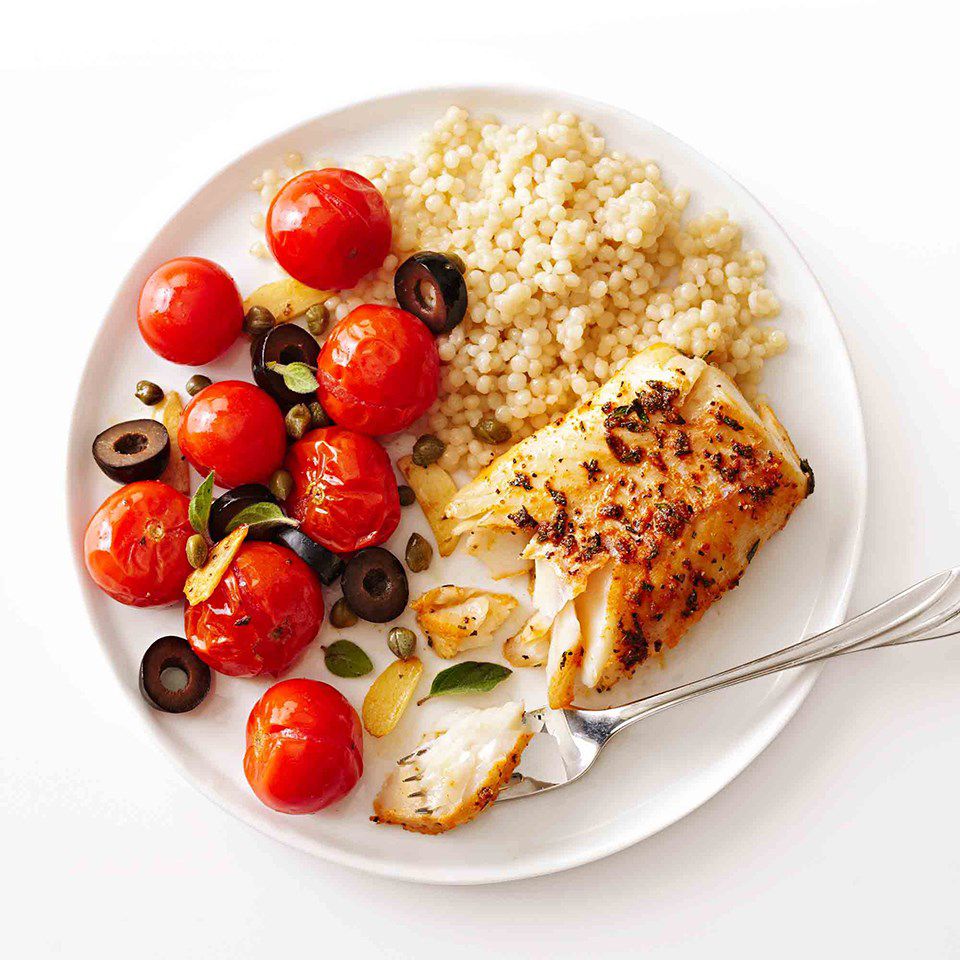
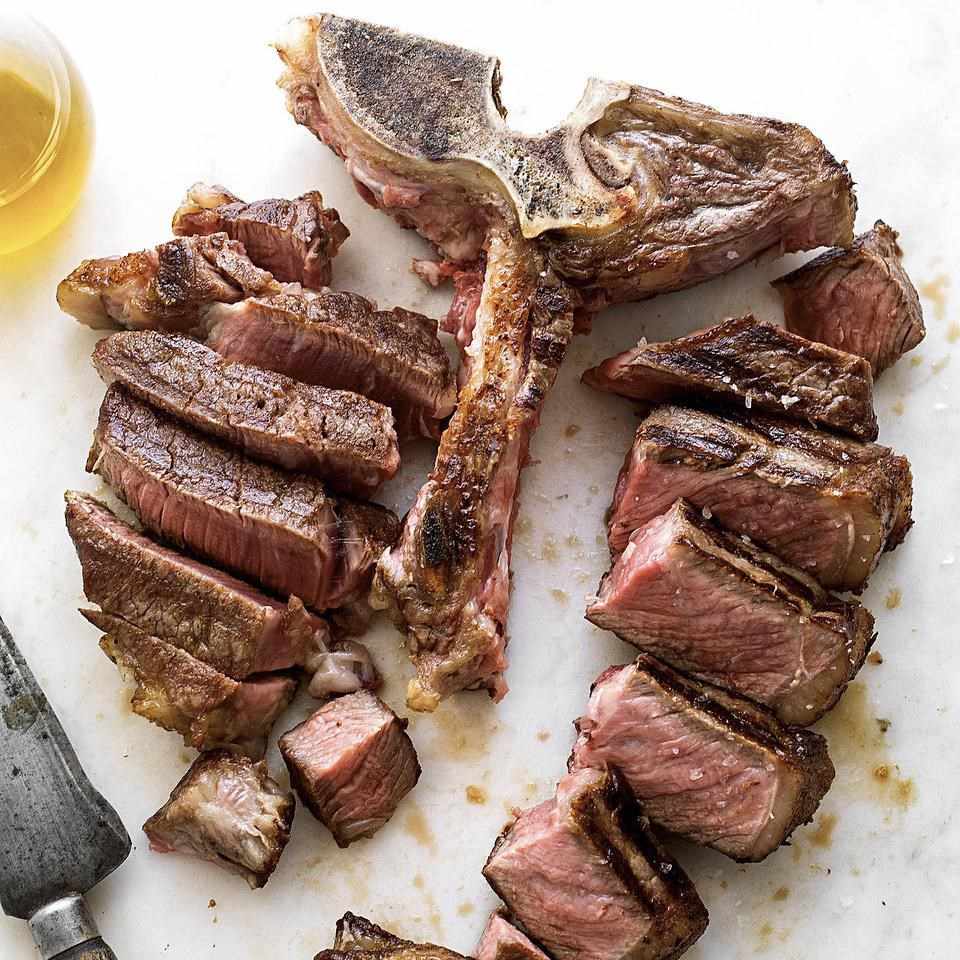
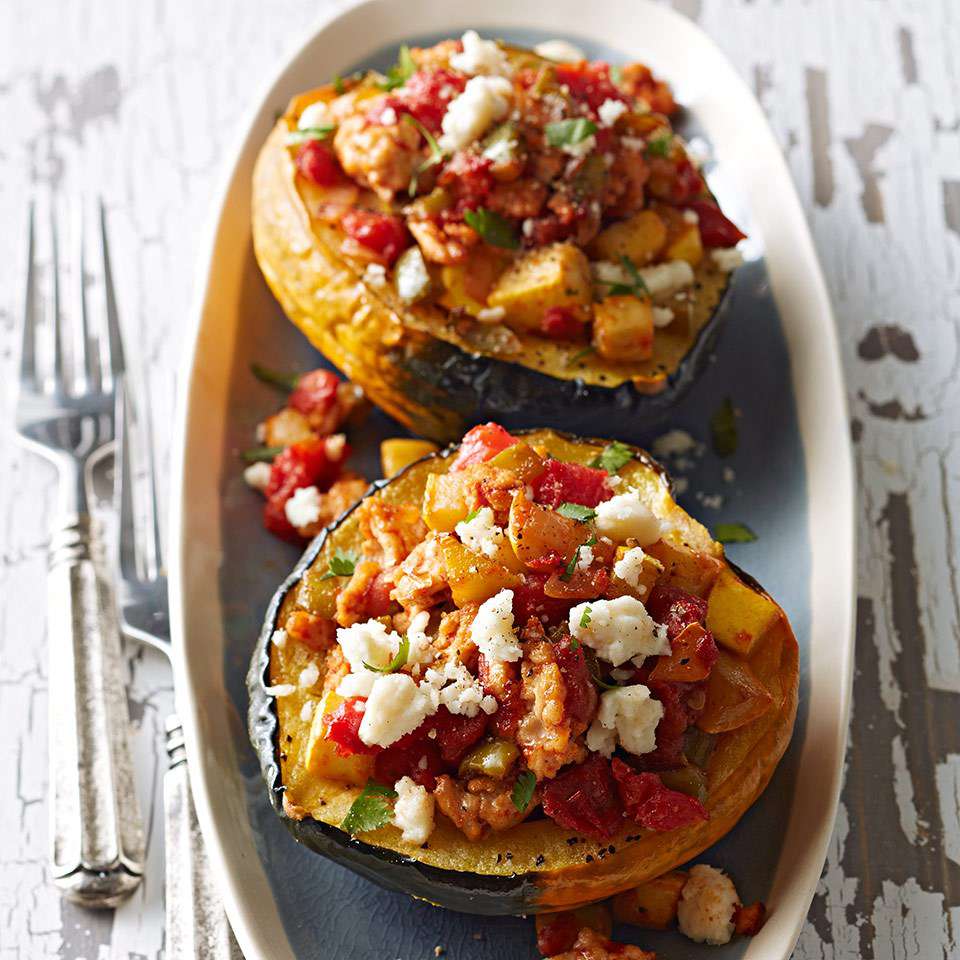
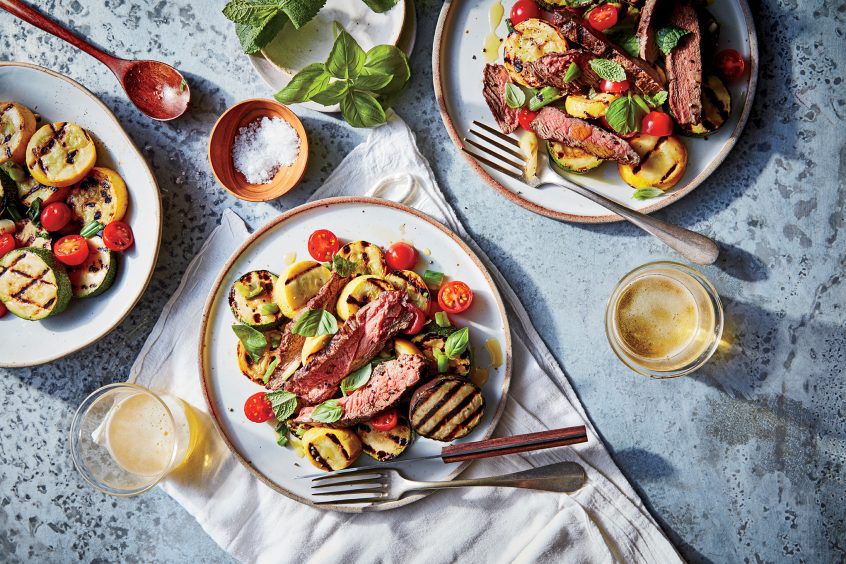
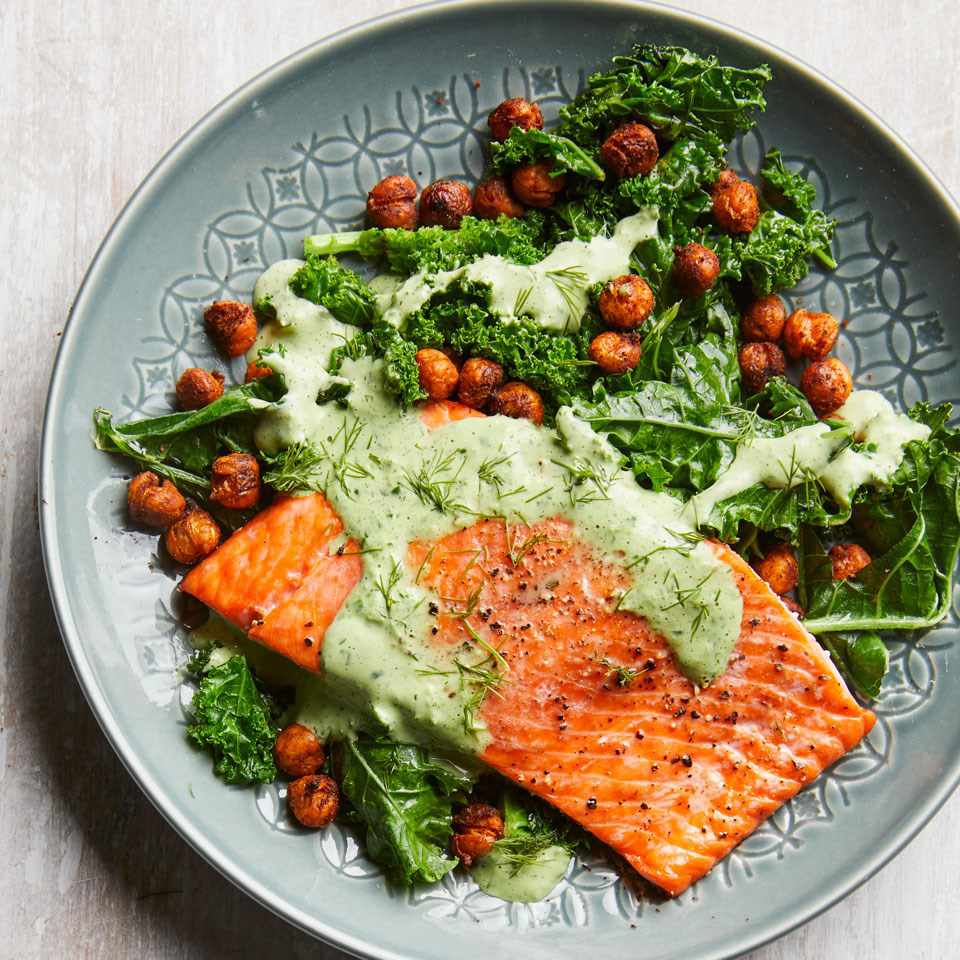
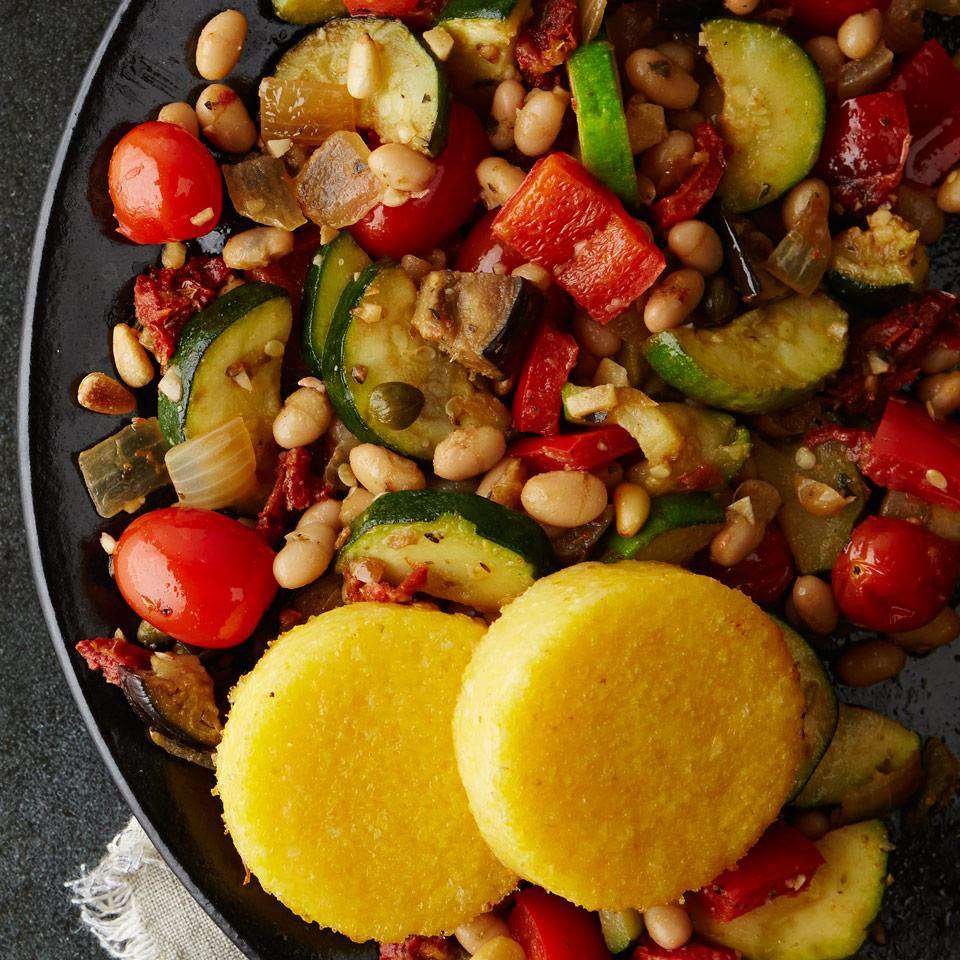
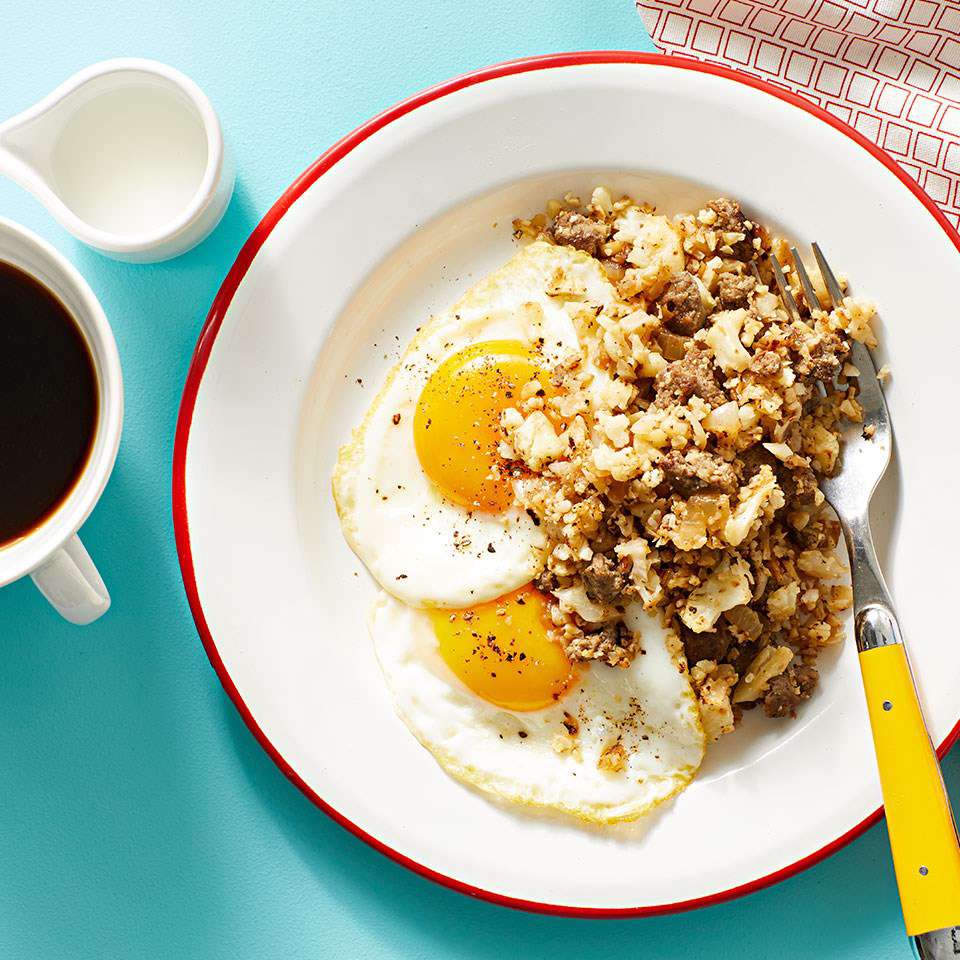
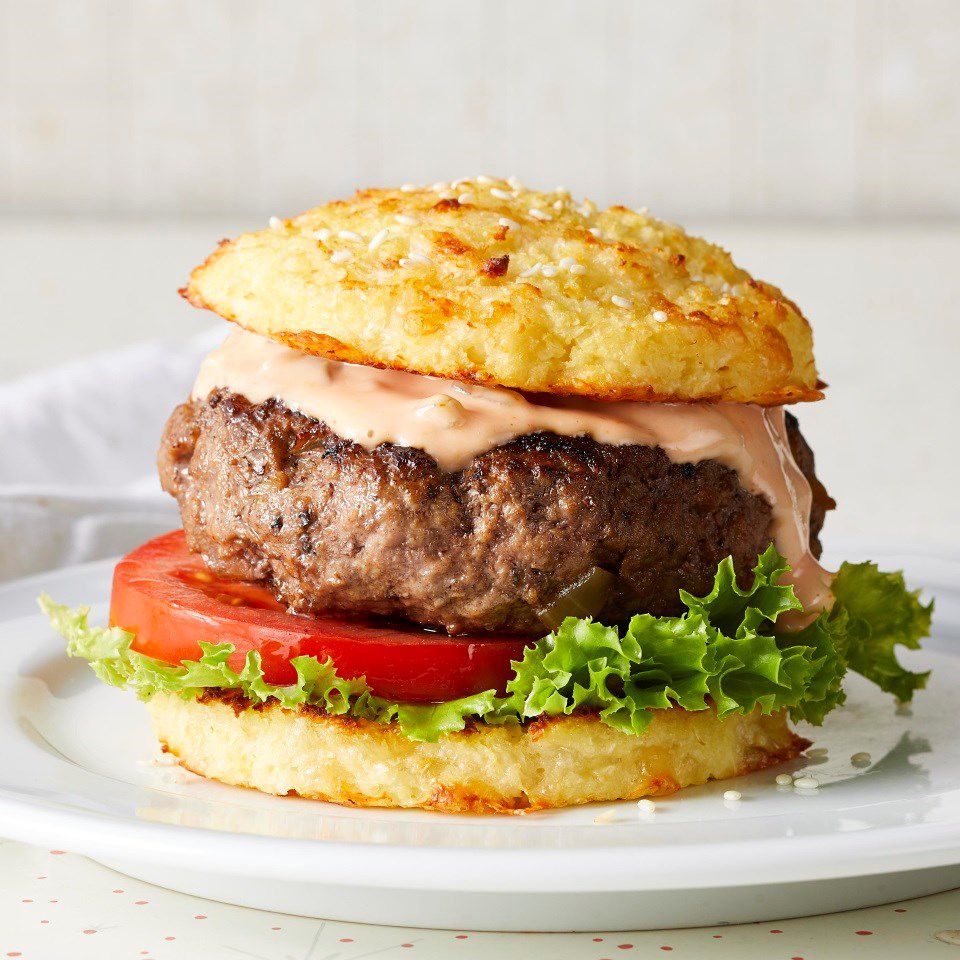





0 comments:
Post a Comment